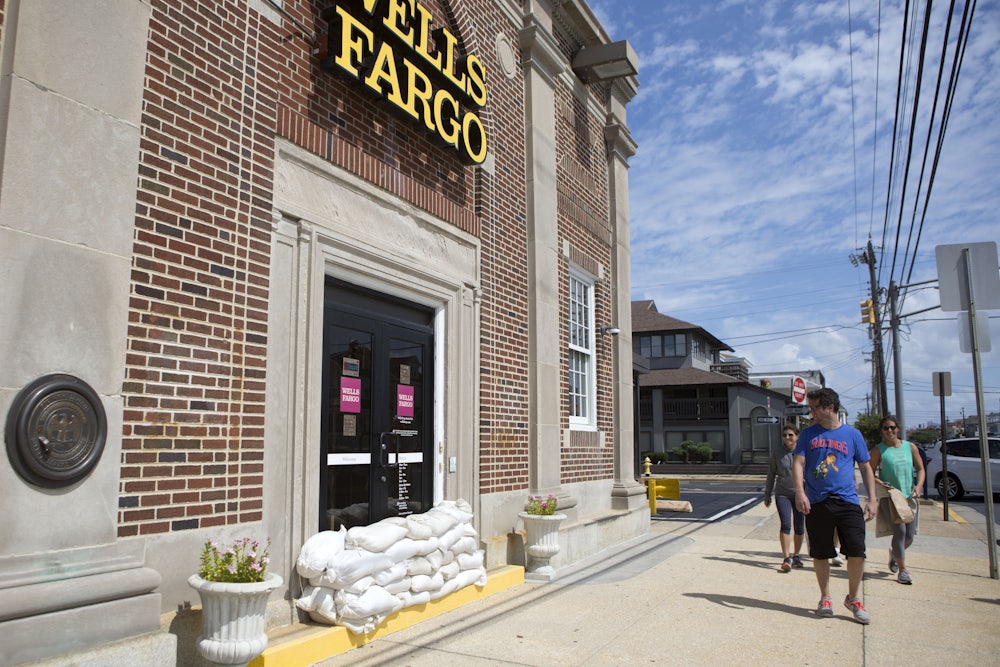Employees at Wells Fargo created up to 1.5 million unauthorized bank accounts and secretly opened more than 565,000 credit cards since 2011, say federal and local regulators. These employees illegally moved funds from existing customer accounts to new accounts to plump up their sales numbers and receive bonuses, unbeknownst to customers who were penalized for insufficient funds, hit with overdraft charges, or subjected to annual credit card fees and interest. As punishment, Wells Fargo is being fined nearly $200 million in total.
The Consumer Financial Protection Bureau, which was established in 2011 through the Dodd-Frank Act, slapped the bank with a $100 million penalty, the largest in the agency’s history. In turn, Wells Fargo fired 5,300 employees and promised to compensate customers who had been affected by the scheme, although it didn’t directly admit wrongdoing.
This isn’t the first time that the CFPB has penalized the bank. It also charged Wells Fargo with illegally levying late fees on student loans paid on time between 2010 and 2013, and was involved in an effort by several senators to shut down a Wells Fargo-Amazon partnership that would have disbursed private student loans at a staggering interest rate of up to 14 percent.
Customers had previously sued the bank for opening fake accounts, but account agreements pushed the disputes into private arbitration. This latest development makes apparent the scope of the practice, which the bank had denied was widespread. While Wells Fargo said in a statement that it takes “responsibility for any instances where customers may have received a product that they did not request” (a perfect non-apology), it remains unclear whether any amount of money will restore public trust in the institution.
